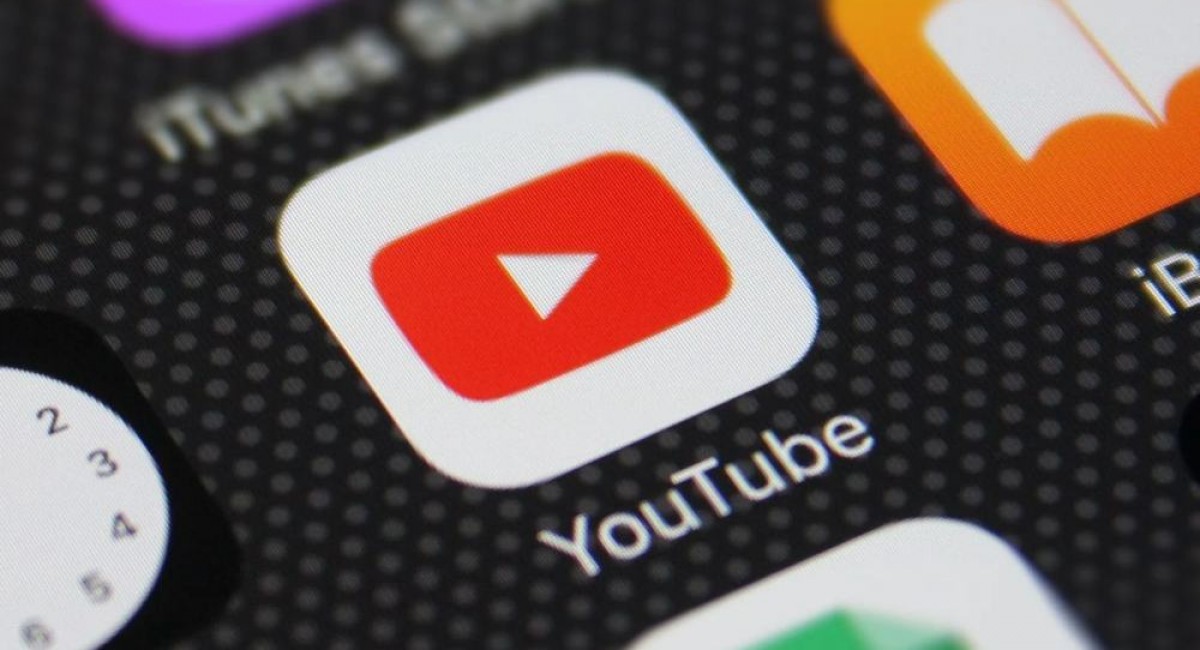SEARCH
YouTube limits video recommendations to protect teens

SHARE IT
YouTube will limit the frequency with which minors see repeated video suggestions relating to sensitive issues such as body image beginning November 2nd, the company stated on Thursday.
The additional precautions, according to YouTube, are the product of a collaboration with the Youth and Families Advisory Committee, which is made up of psychologists, researchers, and other specialists in child development, children's media, and digital learning. For years, the committee has advised YouTube about the possible negative mental health implications of frequent exposure to specific internet content on teenagers.
“A higher frequency of content that idealizes unhealthy standards or behaviors can emphasize potentially problematic messages—and those messages can impact how some teens see themselves,” Allison Briscoe-Smith — a clinician, researcher, and Youth and Families Advisory Committee member — explains in a press release. “Guardrails can help teens maintain healthy patterns as they naturally compare themselves to others and size up how they want to show up in the world".
YouTube collaborated with the advisory group to identify video genres that could potentially constitute an issue if viewed repeatedly. Teens will no longer be subjected to repeated video suggestions for content that "compares physical features and idealizes some types over others, idealizes specific fitness levels or body weights, or displays social aggression in the form of non-contact fights and intimidation."
YouTube also revealed other product enhancements dedicated to adolescent well-being, such as more regular and visible "take a break" and bedtime reminders. YouTube has also made its crisis resource panel a full-page experience, connecting users looking for terms like "eating disorders" with live support from crisis service partners. The panels will also include more visible links for third-party crisis hotlines, as well as an attempt to divert search inquiries with suggestions for themes such as "self-compassion" or "grounding exercises" instead.
Furthermore, YouTube claims to be collaborating with the World Health Organization (WHO) and Common Sense Networks to create educational tools for parents and teens. It will feature instructions on how to make films online securely and with empathy, as well as how to respond to criticisms and other topics.
Beginning November 2nd, YouTube will limit repeated video recommendations to minors in the United States before spreading to other countries in 2024.
MORE NEWS FOR YOU

 Help & Support
Help & Support 

